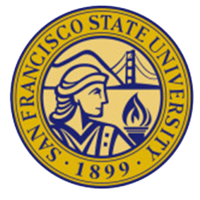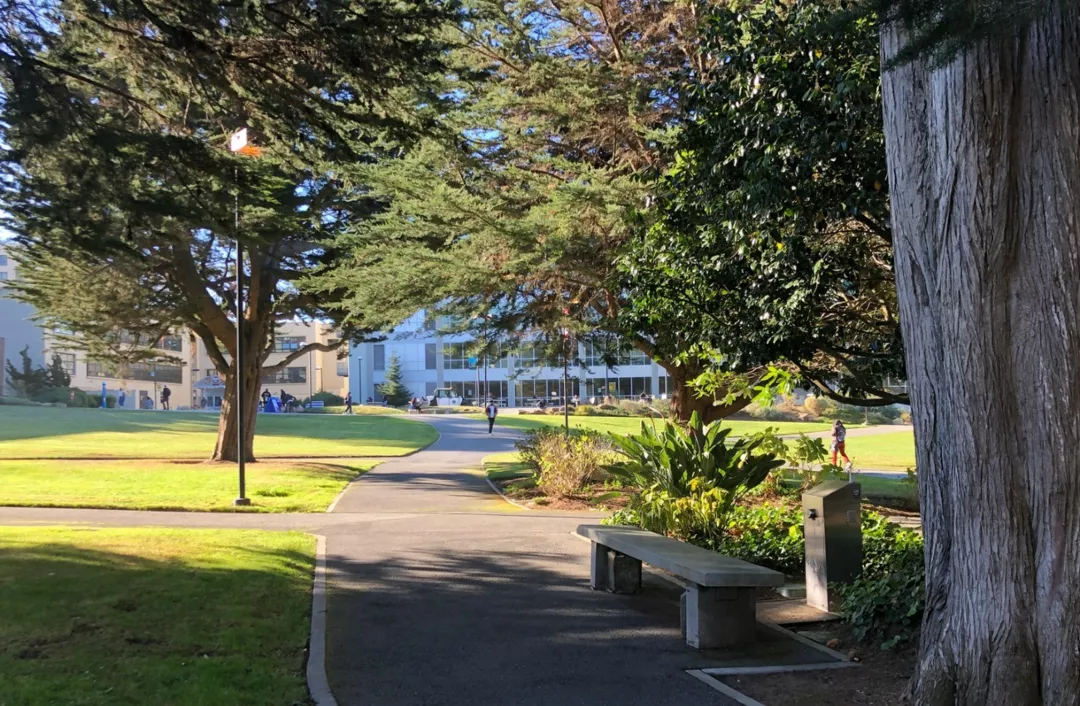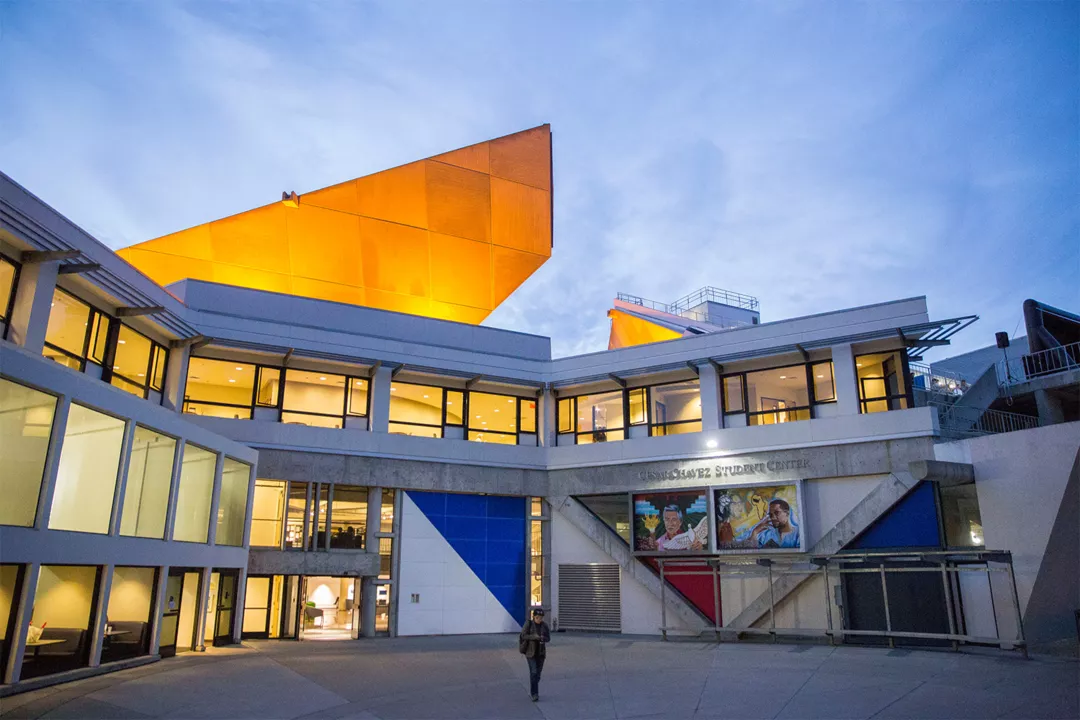-
hello@abroadcube.com
Mail us
-
Call For Help:
98779 83783
-
Whatsapp Us
70090 34921


The M.S. in Physiology and Behavioral Biology is designed to provide students with a broad foundation in physiological mechanisms driving animal behavior, across a wide range of contexts. Course work and practical experience are combined with a focused laboratory and/or field research project.
Course work is undertaken upon advisement with students' Principle Investigators, but may include biometry and statistics, human physiology, comparative physiology, reproductive physiology, plant physiology, ecological physiology, histology, neuroscience, endocrinology and animal behavior.
Students are expected to complete a program of at least 30 units of course work, perform a research project under the guidance of a Physiology and Behavioral Biology advisor, write a master's thesis and present a thesis/research defense to the Biology Department.
Faculty research interests include Sensory Neuroscience, Marine Ecological Physiology, Neurobiology and Behavior, Reproductive Behavior and Physiology, Animal Communication and Physiology of Disease.
Faculty are located at both the main SF State campus and at the Romberg Tiburon Center for Marine Studies. In both locations, teaching and research facilities include a variety of laboratories for biochemical, electrophysiological, anatomical and behavioral studies.
| Level | Masters |
| Discipline | Sciences |
| Duration | 24 months |
| Intakes | Aug |
| Application Fees | USD 0 |
| Tuition Fees | USD 13512 |
| Campus | Main |
| Language proficiency (minimum) | |
| IELTS | 6.5 |
|---|---|
| TOEFL | 80 |
| PTE | 59 |
| Duolingo | 120 |
| Exam proficiency (minimum) | |
| SAT | Not Required / Waiver |
|---|---|
| ACT | Not Required / Waiver |
| GRE | Not Required / Waiver |
| GMAT | Not Required / Waiver |
Minimum GPA - 77%
QS Quacquarelli Symonds is the world’s leading provider of services, analytics, and insight to the global higher education sector, whose mission is to enable motivated people anywhere in the world to fulfil their potential through educational achievement, international mobility, and career development.
THE (Times Higher Education) has been providing trusted performance data on universities for students and their families, academics, university leaders, governments and industry, since 2004. We create university rankings to assess university performance on the global stage and to provide a resource for readers to understand the different missions and successes of higher education institutions.
The Academic Ranking of World Universities (ARWU) was first published in June 2003 by the Center for World-Class Universities (CWCU), Graduate School of Education (formerly the Institute of Higher Education) of Shanghai Jiao Tong University, China, and updated on an annual basis
The "Webometrics Ranking of World Universities" is an initiative of the Cybermetrics Lab, a research group belonging to the Consejo Superior de Investigaciones Científicas (CSIC), the largest public research body in Spain. CSIC is among the first basic research organizations in Europe. The CSIC consisted in 2006 of 126 centers and institutes distributed throughout Spain.


